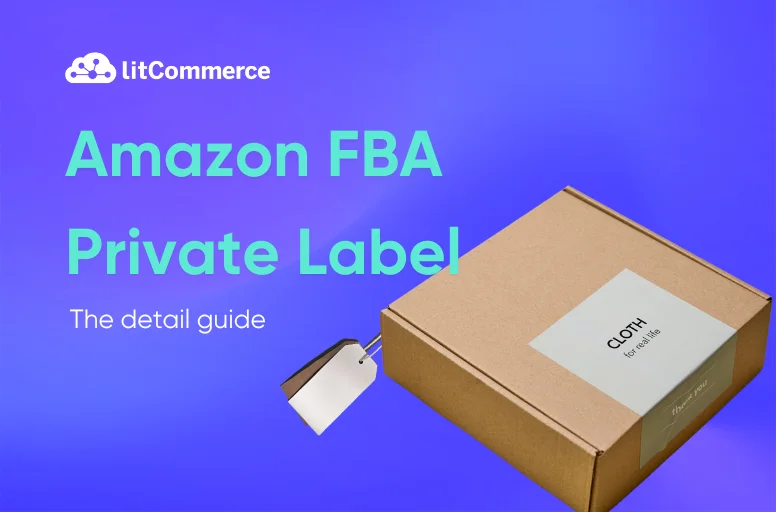If you wonder how to make money on Amazon, Amazon FBA private label is a good start!
Launching your own branded product on Amazon is highly profitable, making the private label business model a popular choice among Amazon sellers.
According to a report, more than half of all Amazon sellers build their own brands rather than selling other people’s stuff. This strategy outperforms wholesale, retail arbitrage, dropshipping, and handmade sales by a long shot.
Then, how can start Amazon FBA private label? Check this guide to learn:
- What Is Amazon Private Label?
- How to start an Amazon FBA Private Label?
- Why you should sell Amazon Private Label FBA?
Let’s dive right in!
What Is Amazon Private Label?
Amazon private label means selling products made by other manufacturers under your own brand name. Instead of creating an entirely new product, you just need to rebrand an existing one. It’s a way to offer lower prices without starting from scratch.
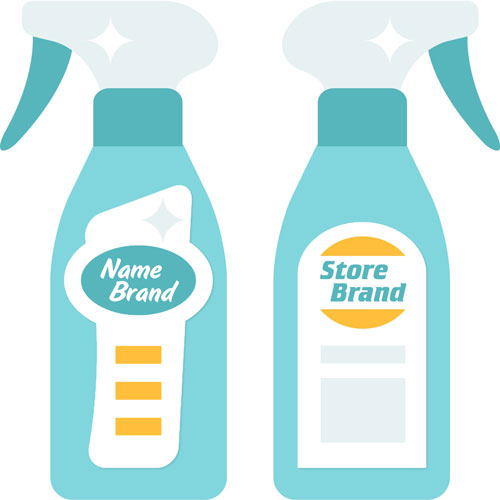
Although it takes time and effort to make your brand instantly recognizable on Amazon, sticking with these specific products will help ensure your business thrives for years to come.
How to Start an Amazon FBA Private Label?
So, you’re ready to sell your private label product on Amazon? Great! Here’s what you need to do before starting.
1. Research items
Choosing the right product to sell is key to your success on Amazon. If you rush or skip the research, you might end up with a product no one wants. That’s why thorough product research is so important. Don’t worry; various Amazon seller tools are available to help you with this task.

Make sure you base your product choice on data, not just personal preference. Start with ideas from your hobbies, but validate them by looking at how similar products are performing on Amazon. Here’s what to look for:
- Price: $20-$70
- Sales: At least 300 sales per month
- Reviews: The top 10 products should have an average of 500 reviews or less
- Rating: Ratings below 4 stars to spot areas for improvement
- Listing Quality Score: An LQS of 5 to 7 shows that competitors’ listings could be better
2. Looking for suppliers
Once you’ve chosen the perfect product to sell on Amazon, your next step is finding a supplier to manufacture it. Keep in mind that the cheapest option isn’t always the best. Look for a supplier who will partner with you, ensuring mutual profitability and commitment.
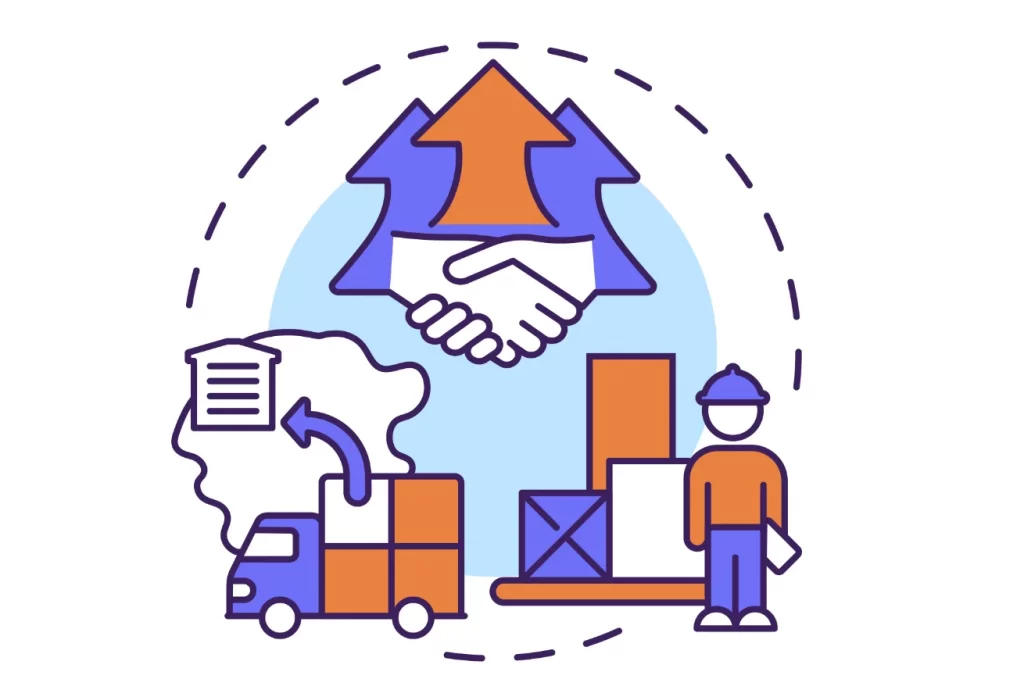
Start your search with online platforms like Alibaba, Global Sources, Thomasnet, and Made-in-China. These repositories provide access to wholesalers and factories with different manufacturing processes from various countries.
Additionally, consider looking into your competitors’ suppliers. In the USA, import records are public, so you can use tools like Importyeti.com, Panjiva.com, Zonguru, and Helium10 to search for competing products and see who manufactures them.
3. Customize your brand & items
Selling Amazon FBA private label allows you to design and customize your products fully. You can design your product exactly how you want it, which can lead to bigger profits than just reselling stuff on Amazon. To come up with awesome ideas, check out what other people are selling. See what’s missing and create something even better.

To customize your brand for Amazon’s private label, start by developing a unique and memorable brand identity. Let’s think of a distinctive logo, a cohesive color scheme, and a compelling brand story that resonates with your target audience.
Next, you should work closely with your supplier to personalize your products, whether through unique packaging, custom features, or branding elements directly on the items.
4. Create Amazon listing
Now that you’ve found your product and supplier, it’s time to focus on creating and optimizing your Amazon listing. This includes preparing product photography, making a pricing strategy, buying a UPC, and writing high-conversion copy.
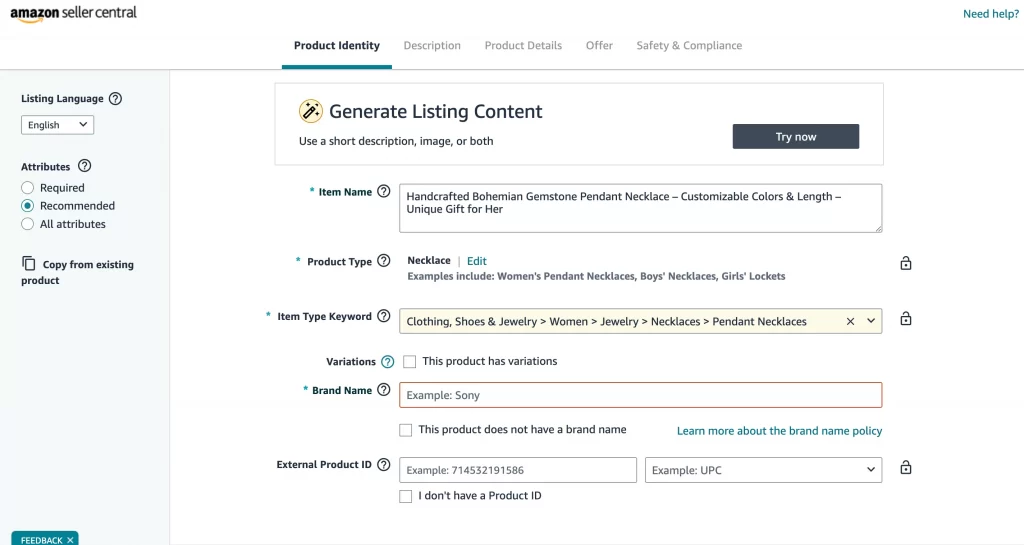
Take this step seriously. After all the effort you’ve put into researching products and suppliers, don’t let it go to waste. A well-crafted and optimized listing can significantly impact a customer’s decision to buy your product.
Think about it: how will customers find your product without relevant keywords? Without high-quality images and infographics, they might not feel confident enough to make a purchase.
If you’re unsure how to create the best listing, consider hiring an Amazon professional to help.
5. Launch your items
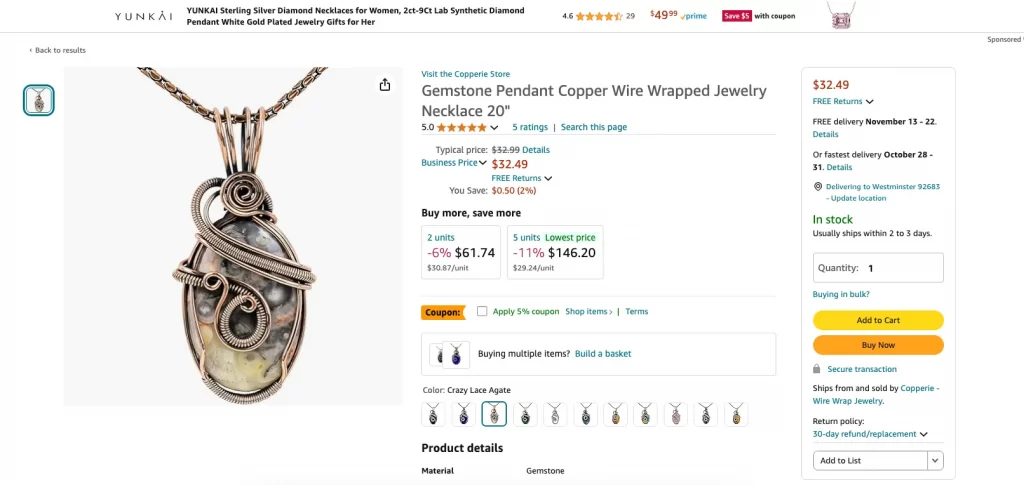
Now it’s time to sell your product! To get your new listing off the ground, you need a solid advertising strategy to ensure your target audience sees your products.
Amazon Ads can be a powerful tool for this. Amazon offers various ad types, including Sponsored Products, Sponsored Brands, and Sponsored Display ads.
Why You Should Sell Amazon Private Label FBA?
Amazon offers tons of ways to make money, but private labeling is a top choice for many sellers. It’s super popular, and for good reason. Let’s dive into five reasons why you might want to give it a shot.
1. Own your brand
With private labeling, the brand is entirely yours, unlike arbitrage or wholesale, where you resell other brands’ products. This model lets you market, grow, and price your products according to your own strategy.
You won’t need brand approvals or have to hunt for discounted products to resell at a profit.
2. No competition for the Buy Box
If you are already an experienced Amazon seller, you know how tough it can be to win the Buy Box. But when you create your product, you’ll be the sole seller, automatically making the Buy Box yours! Plus, if your product becomes popular, you’ll benefit from increased traffic and higher profits since no one else will be selling it.
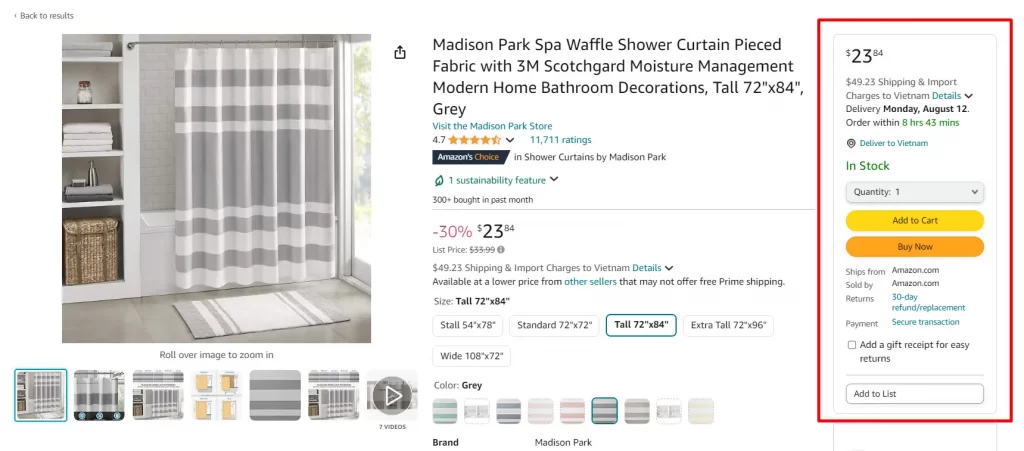
3. Higher profit margins
When you source products directly from a manufacturer or supplier, your costs are significantly lower compared to reselling branded items. In wholesale, you buy from the brand owner or a distributor, both of whom add a markup, reducing your profit margin.
With private-label products, there’s no middleman. You get inventory at the lowest possible cost, maximizing your profit margin.
4. Product customization
You have the freedom to fully customize your product if you sell Amazon FBA Private Label. Start by examining customer reviews on competing products and noting any common issues—these insights are invaluable. Use this feedback to enhance your product and surpass the top-selling brands.
This sales approach allows you to improve your product and outperform existing market offerings strategically. Simply adding a logo isn’t enough; collaborate with your supplier and graphic designer to make your product unique. If your product looks like every other item on Amazon, it will be challenging to stand out.
5. Long-term growth potential
Private labels on Amazon can be a great long-term investment. Building your own brand gives you full control over your product and its image. As you grow your brand, you can expand your product line and increase sales.
People often become attached to specific brands. If you create a product customers love, they’ll likely come back for more or try other products from your brand.
However, it’s important to stay flexible. The market changes, so you need to adapt. Keep an eye on trends, customer feedback, and competition to stay ahead.
Amazon FBA Private Label: FAQs
One major advantage of Amazon private label is the potential for high profit margins. By sourcing directly from manufacturers instead of working via middlemen, sellers can achieve significantly higher profit margins than with traditional reselling or dropshipping. Amazon private label means selling your own brand of products. You find a manufacturer to produce items under your unique label, then sell them on Amazon. This gives you control over product design, pricing, and branding, unlike traditional retail where you sell other companies’ products. Amazon FBA Private label is different from FBA wholesale. With wholesale, you sell other people’s brands. But with private label, you create your own brand and products. It’s like being the boss of your own product line.
Launch your Amazon FBA Private Label Now!
In short, while competition is intense, the potential for global reach and substantial sales on Amazon FBA private label is undeniable. With careful planning and execution, you can build profitable and sustainable businesses in this exciting era of eCommerce.
Besides, if you want to expand your eCommerce business by selling cross-platforms, LitCommerce is the great tool you need. To know more about this tool, contact us now!
Finally, don’t forget to follow our retailer’s blog to receive the most interesting and latest information about your field.

